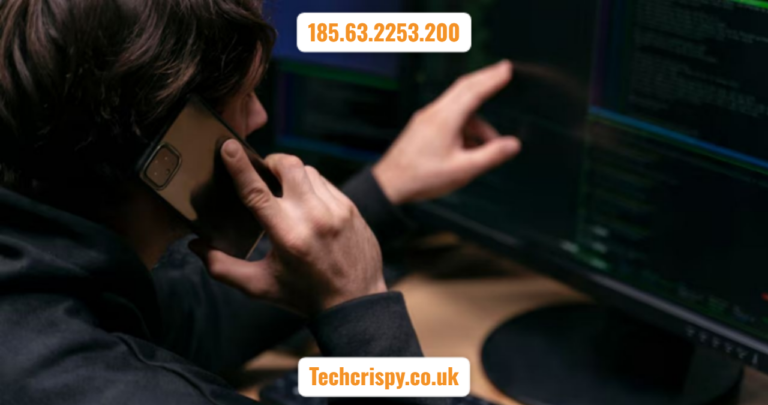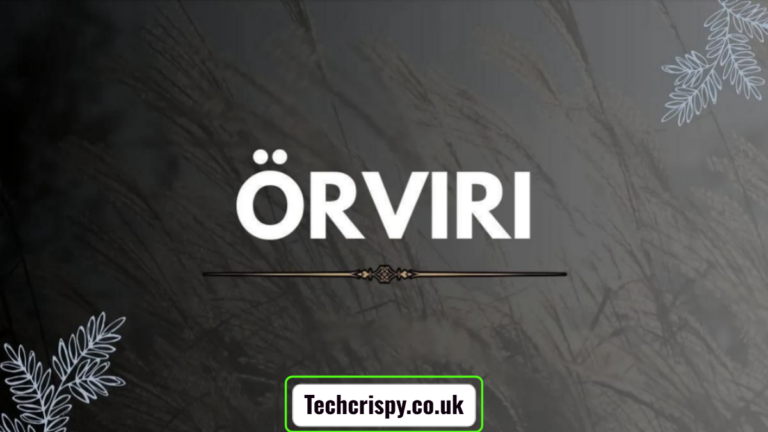
Understanding the Origins of 3301740216
The number 3301740216 has increasingly drawn attention across different communication platforms, particularly in the context of missed calls, unexpected messages, and untraceable caller IDs. This 10-digit sequence, seemingly harmless at first glance, has made its way into countless search queries and online discussions as people seek clarity on who is behind it and what it represents. Unlike typical business or personal numbers, this sequence often emerges in suspicious patterns that prompt users to investigate its origin. Understanding the source of this number is critical to avoiding potential scams or unwanted disturbances. In most cases, such numbers may be connected to telemarketing agencies, automated robocalls, or even fraudulent schemes targeting vulnerable individuals.
How 3301740216 Reaches Its Targets
Tactics Used in Unsolicited Communications
The strategy behind how 3301740216 reaches mobile phones or landlines follows a familiar pattern. It typically begins with a missed call, often during odd hours, followed by an attempt to provoke curiosity or urgency. Many users report calling back and finding no response or receiving an automated message, indicating a high likelihood of robocall involvement. These tactics aim to encourage engagement without revealing the caller’s true identity. In more advanced cases, the number may be linked to caller ID spoofing technology, making it appear local or trustworthy. Such mechanisms are designed to exploit trust and manipulate recipients into revealing personal information, subscribing to paid services, or falling for deceptive offers.
Potential Risks Linked to 3301740216
Security Concerns and Identity Threats
Engaging with unknown numbers like 3301740216 poses real risks, particularly concerning data privacy and personal security. Individuals who return calls or follow instructions from suspicious voicemails may inadvertently expose themselves to social engineering tactics. Scammers often attempt to extract sensitive details such as full names, addresses, bank information, or account credentials. In certain cases, the interaction might lead to malware infections if users are tricked into clicking on embedded links. Even without direct communication, the presence of such numbers in your call history can indicate that your number has been harvested or sold to telemarketing databases, compromising your digital safety.
What Makes 3301740216 Stand Out
Patterns and Anomalies in Activity
One of the most noticeable aspects of 3301740216 is its recurring appearance in user reports across various platforms. Unlike legitimate business numbers, this one lacks a verifiable online presence, a professional caller identity, or association with any certified organizations. Several reverse lookup tools indicate that this number has been flagged numerous times for suspicious activity. Common complaints include repeated calls, no voice messages left, and short call durations—hallmarks of robocall attempts or verification probes used by scammers to test if a number is active. These anomalies create a digital footprint that distinguishes it from legitimate service or contact numbers.
User Experiences With 3301740216
Community Feedback and Case Reports
Thousands of users have taken to online forums and phone-tracking websites to document their encounters with 3301740216. A consistent theme among the reports is frustration over multiple unanswered calls and an inability to identify the caller. Many users describe feeling harassed or concerned about the frequency and persistence of the calls. In rare cases, individuals received recorded messages offering dubious financial services, unclaimed prize notifications, or fake job opportunities. These patterns reinforce the general consensus that this number is not connected to any verified business or government entity. Instead, it serves as a cautionary tale about engaging with unknown sources without proper verification.
Legal and Regulatory View on 3301740216
Authorities’ Efforts to Curb Abusive Calls
Government agencies like the Federal Communications Commission (FCC) and the Federal Trade Commission (FTC) have launched multiple campaigns aimed at identifying and blocking unwanted robocalls, including those resembling the behavior of 3301740216. Through legislative tools such as the TRACED Act and the implementation of STIR/SHAKEN protocols, regulators are pushing telecom companies to authenticate caller IDs and alert consumers to potential fraud. Despite these measures, the sheer volume of spoofed numbers and rotating sequences makes enforcement a continuous challenge. For users, staying informed and reporting suspicious calls plays a vital role in supporting these broader protection efforts.
How to Respond to a Call from 3301740216
Practical Steps to Stay Safe
When you receive a call from 3301740216, your response should be guided by caution and proactive defense strategies. The best course of action is to avoid answering calls from unfamiliar numbers. If you do pick up, do not share any personal details or press any numbers prompted by automated voices. Instead, hang up immediately. You should also consider blocking the number and reporting it to your service provider. Using apps like Truecaller, Hiya, or the built-in spam filters on your smartphone can help flag and block similar numbers automatically. Engaging with your telecom provider about persistent unwanted calls can lead to stronger protection on your account.
Key Safety Measures:
- Never call back unknown numbers without verification.
- Use caller ID apps to screen suspicious contacts.
- Avoid clicking on any links in suspicious messages.
- Report the number to national scam-tracking organizations.
- Update your devices with the latest security patches.
Tech Tools to Deal With 3301740216
Leveraging Modern Apps for Protection
Modern smartphone technologies offer robust solutions to tackle numbers like 3301740216. Applications such as Nomorobo, RoboKiller, and Call Control use AI algorithms and crowd-sourced databases to flag numbers that demonstrate harmful behavior patterns. These apps can automatically silence or block such numbers before they reach you. Beyond app solutions, many carriers now provide spam protection features by default or as add-ons. Integrating these tools into your communication setup can significantly reduce your exposure to scam risks. As artificial intelligence continues to improve, future updates may provide even more accurate call verification and scam detection capabilities.
Why Reporting 3301740216 Is Essential
Building a Safer Digital Ecosystem
Every report made against 3301740216 contributes to a growing database of flagged and monitored numbers. By alerting platforms like the National Do Not Call Registry, FTC Complaint Assistant, or even sharing your experience on public review websites, you assist in raising awareness for others who might be targeted next. Crowd-sourced data plays a vital role in identifying new scam trends and fraudulent tactics. The more we collectively report and respond, the easier it becomes for developers and regulatory bodies to implement protective protocols that prevent future violations. Participation in these reporting efforts ensures a safer environment for all phone users.
What the Future Holds for Numbers Like 3301740216
Predicting Scam Trends and Prevention
The evolving nature of communication scams means numbers like 3301740216 will continue to change form and strategy. As voice phishing (vishing), SMS fraud (smishing), and other tactics advance, awareness will be the first line of defense. The implementation of more intelligent call verification systems and global cooperation among telecom networks could reduce the success rate of these scams. However, complete elimination remains unlikely without user vigilance. Staying updated on emerging scam types, educating others, and maintaining cybersecurity hygiene will remain crucial strategies in avoiding unwanted encounters with numbers of this nature.
Conclusion: Stay Alert Against 3301740216
In summary, 3301740216 is more than just a random number—it represents a broader issue of communication misuse, personal privacy invasion, and potential fraud. Whether it operates through robocalls, spoofing techniques, or social engineering methods, the risks associated with engaging such numbers are real. By understanding how these calls function, recognizing the red flags, and utilizing modern tools for defense, users can take active steps toward safeguarding their information. With legal support, community reporting, and technological innovation, the collective goal of creating a secure telecommunication space remains achievable—but it starts with individual awareness and smart action.
Frequently Asked Questions (FAQs)
1. Who owns the number 3301740216?
There is no publicly verified information about the legitimate ownership of 3301740216, which is often flagged as suspicious or spam.
2. Is it safe to call back 3301740216?
No, it is not safe. Calling back may expose you to scams, unnecessary charges, or personal data risks.
3. How can I block 3301740216?
You can block this number through your phone’s built-in features, third-party spam-blocking apps, or by contacting your service provider.
4. Why do I keep getting calls from 3301740216?
Such persistent calls often indicate your number is on a telemarketing or scam list, which can happen if your data was previously leaked or sold.
5. What should I do if I answered a call from 3301740216?
If you answered, disconnect immediately without sharing any information. Then, block the number, run a security scan on your device, and report the incident.
Also Read This: Everything You Need to Know About 3301240406





